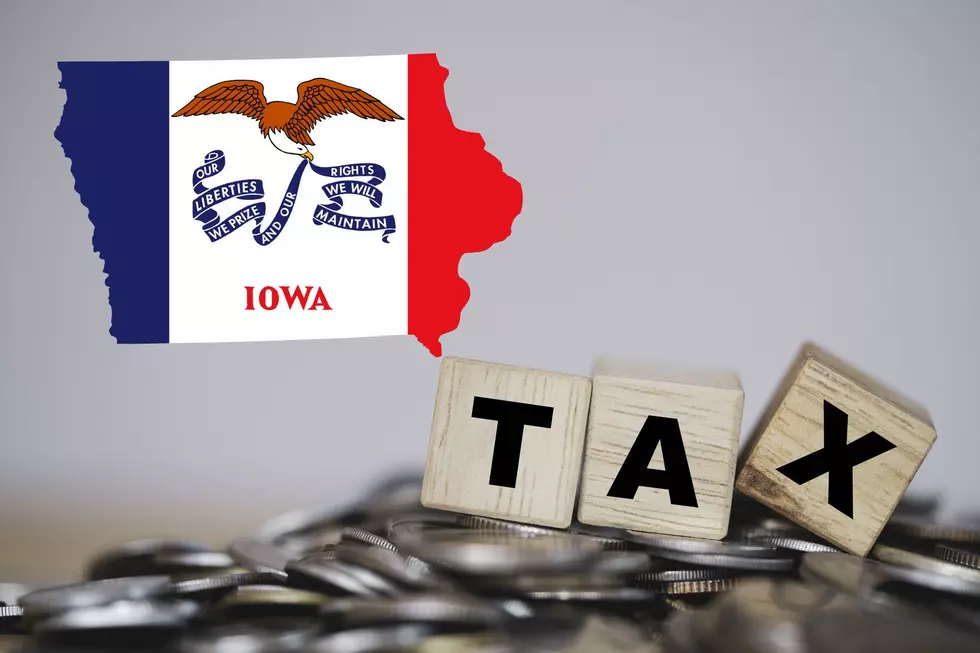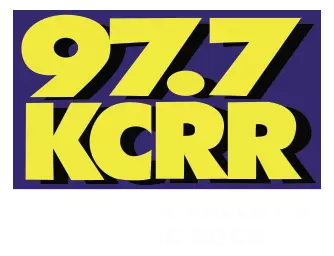
What You Need to Know About Iowa’s Proposed Flat Tax Amendment
Iowa is making headlines with proposed changes to its tax system, particularly regarding the introduction of a flat income tax rate. But what does this all mean, and why does it matter? Let's break down HF 2317.
Page one of HF 2317.
Firstly, What's Happening?
Right now, Iowa Republican lawmakers are working on a big change to how taxes work in the state. They want to put a flat tax rate into the state's constitution. That means everyone in Iowa would pay the same rate of taxes, no matter how much money they make.
Why a Flat Tax?
Republicans like the idea of a flat tax because they think it's fairer. They say it's simple and treats everyone equally. Basically, everyone will be set at the "same rate" when it comes to taxable percentages on your income.
What's a Constitutional Amendment?
This is a big deal. It's like changing the rulebook for how Iowa's government works. If the amendment passes, it becomes a permanent part of the state's laws.
How Does It Work?
First, the Iowa Senate voted on the amendment, and it passed. Now it goes to the Iowa House. If they also say yes, they'll need to vote on it again in a couple of years. Then, all the people in Iowa get to vote on it in a big election.
What's the Current Tax Situation?
Right now, Iowa's income tax system isn't flat. It's what's called "graduated." That means people who earn more money pay a higher percentage of their income in taxes. But that could change if this amendment goes through.
So, what is Governor Reynold's Plan?
The governor, Kim Reynolds, signed a law in 2022 to slowly change Iowa's tax rate to a flat 3.9% by 2026. But some Republicans want to make it happen faster and lower the rate even more. The state's top rate is currently 5.7% and is set to decrease to 4.82% next year unless further changes are made by lawmakers.
Why Are Some People Upset?
Not everyone likes this idea. Some worry that rushing to change the tax system could hurt important government programs in the future. They say it's important to find a balance between taxes and the services the government provides for citizens that need to be paid for.

What's Next for Iowa?
Even if this flat tax idea becomes law, there's more to it. Republicans are also thinking about another change. They want it to be much harder to raise taxes in the future, requiring a two-thirds vote of the Iowa Legislature to do so. This would mean that most of the lawmakers in Iowa would have to agree before taxes could go up.
So, to sum it all up: Iowa's tax landscape is undergoing significant changes, from reductions in income tax rates to potential amendments to the state's constitution. While these changes aim to simplify the tax system and lower the tax burden on residents, they also raise important questions about fairness, revenue stability, and the role of government in providing essential services. Ultimately, it will be up to Iowans to decide the direction of their state's tax policy through the ballot box.
LOOK: Best counties to retire to in Iowa
Gallery Credit: Stacker
LOOK: Counties with the highest unemployment in Iowa
Gallery Credit: Stacker


